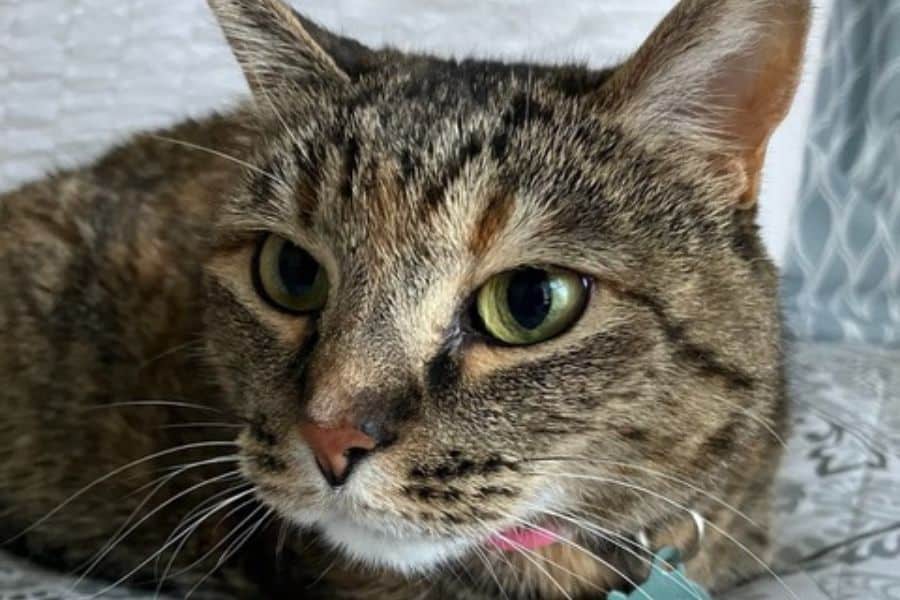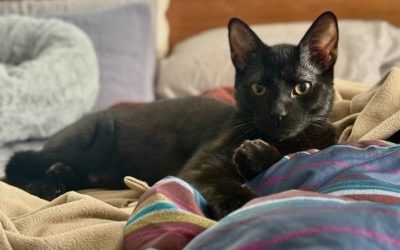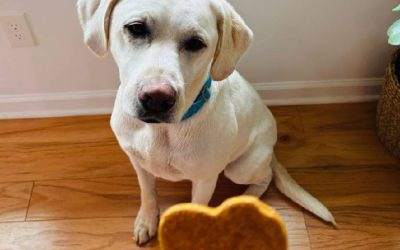Cats are often seen as independent pets — the kind who are content to lounge alone for hours, bask in sunbeams, and entertain themselves. And while it’s true that cats don’t need to be walked or constantly entertained, that doesn’t mean they can — or should — be left alone for extended periods without human interaction.
In reality, cats are deeply sensitive to routine and can become stressed or anxious when their environment changes — like when their human suddenly disappears for a weekend trip or longer. Whether you’re heading out of town for a few days or just working extended hours, it’s worth understanding what your cat needs in your absence.
Understanding Cat Behavior: Why Routine Matters
Cats thrive on predictability. They get used to feeding schedules, familiar voices, household sounds, and the daily rhythm of their environment. When that rhythm changes — like when everyone leaves for a vacation or the house suddenly becomes quiet during back-to-school season — cats often notice more than they let on.
Disruptions in routine can trigger subtle behavioral changes such as:
- Decreased appetite or overeating
- Overgrooming or poor grooming
- Unusual vocalization
- Hiding or seeking excessive attention
- Avoiding the litter box
These changes can be temporary, but if left unchecked, they can lead to longer-term stress or even health issues.
What Can Go Wrong When Cats Are Left Alone?
Even with automatic feeders, extra water bowls, and “they’ll be fine for a day or two” thinking — problems can (and often do) arise. For example:
- Feeders malfunction or cats knock them over
- Water gets spilled or dries up
- Litter boxes overflow, creating hygiene issues and stress
- Doors close accidentally, trapping cats in rooms
- Medical issues go unnoticed, especially since cats hide discomfort well
A single overlooked detail can lead to significant stress or health complications, particularly for older cats or those with medical conditions.
Daily Check-ins: Not Just for Food
Having someone check on your cat daily offers more than just a refill of food and water. These visits provide essential monitoring of your cat’s well-being, comfort, and routine. Daily check-ins can include:
- Ensuring food and water are fresh and accessible
- Cleaning litter boxes to maintain hygiene and reduce stress
- Engaging in light play or quiet companionship, depending on the cat’s preference
- Observing for changes in appetite, mood, energy, or behavior
- Noticing signs of illness that could otherwise be missed
- General household upkeep (like mail collection or plant watering), which also maintains your cat’s familiar surroundings
Even cats who seem aloof or reserved often benefit from knowing someone is coming — that small bit of consistency helps them feel secure.
The Takeaway: Independence Doesn’t Mean Isolation
It’s a common misconception that cats are fine on their own. While they don’t need round-the-clock attention, they absolutely benefit from daily care, especially during their humans’ absence.
In-home check-ins help maintain a cat’s physical and emotional well-being, catch problems early, and ease the stress of a disrupted routine.
So, the next time you plan time away from home, consider your cat’s needs carefully, not just their reputation for independence.

Andrea is the founder of Top Tails of Greensboro LLC, a professional pet sitting and dog walking company in Greensboro, NC. She is certified in Pet CPR and First Aid and is a member of Pet Sitters International. Learn more about Andrea!




